Want to boost your eCommerce conversion rate? We all do!
Higher conversion rates mean more sales, revenue, and profit. If your traffic and order values are high enough, even a small boost to your conversion rate can make a big difference to your bottom line.
In this article, we’ll go over what a good conversion rate is and actionable ways to grow your eCommerce conversion rate. Let’s get started!
What Is eCommerce Conversion Rate?
Conversion rate is a measure of how effective your marketing or website is. It’s one of the key progress indicators (KPIs) for eCommerce businesses.
Conversion rate is the number of people taking a desired action divided by the total number of visitors who could possibly take that action. In other words, out of all the people who see your eCommerce site, how many of them are converting? This is usually expressed as a percentage.
There are many types of conversion in eCommerce:
- Purchasing an item
- Adding products to cart
- Adding items to a wishlist
- Signing up for an email newsletter
- Sharing about the brand or product on social media
Let’s take a look at how to calculate your own eCommerce conversion rate benchmarks.
How to Find eCommerce Conversion Rate
Imagine that you want to find your email signup conversion rate. You would see how many signups you got during a particular time period. Let’s say you had 300 signups in a week. Then, you would look at your website traffic data to see how many people viewed that signup form in the same week. In this example, let’s say you had 60,000 form views. Your conversion rate would be 300 signups divided by 60,000 form views, or 0.5%.
Google Analytics can track your conversions automatically. You can find metrics like bounce rate, exit rate, pages per session, time on page, clickthrough rate, and sales.
What’s a Good eCommerce Conversion Rate?
What qualifies as a good conversion rate depends heavily on your industry, product, and target audience. The average eCommerce conversion rate for eCommerce websites is around 2-3%. Email marketing for eCommerce converts around 8% of the time.
The benchmarks for your own business are the most important piece of data. Rather than comparing yourself to others, you want to “compete” against yourself and constantly seek greater conversion optimization.
18 Ways to Improve Your Conversion Rate
Conversion rate optimization (CRO) is a complex process. What works for one business may not work for another. You’ll need to test different strategies, measure the results, and test some more to find what works best for your eCommerce store.
There are 3 main ways to improve your store conversion rate:
- bring in more traffic
- create a good user experience
- remove obstacles and objections
The best CRO strategies will have ways to improve all 3 factors. Let’s look at some of the top proven ways to boost your eCommerce conversion rate.
1. Attract Qualified Site Visitors
These days, most online shopping purchases start with a Google search. The website visitors you get from those searches often have very high transactional intent. This means they’re eager to find, and buy, a solution to their problems.
That’s why search engine optimization (SEO) is such an effective way to boost your website conversion rate. To attract more search traffic:
- Use transactional keywords in page titles, meta descriptions, and content
- Create high-quality and informative content
- Improve website load spee
- Make your website user-friendly and easy to navigate
- Consider purchasing high-intent Google Adwords campaigns
2. Start a Referral Program
A referral program is where you reward existing customers for sharing your website with friends and family. This can improve eCommerce conversion rates in several ways:
- Encourages past customers to interact with your brand
- Builds trust and credibility with new customers
- Increases brand awareness and reach
- Improve customer loyalty and boost average order value by rewarding repeat purchases
3. Optimize Site Navigation
If you want more visitors to convert, you need to make that process easy for them. One simple way is to make sure your site is easy to navigate.
Make the navigation menu clear and easily accessible on every page. Use clear labels for menu items and organize the menu by grouping related items.
Check that your menu is responsive and works on all devices. Include a search bar that’s easy to find and use.
You can also clear calls-to-action (CTAs) throughout the site. One example would be linking to your best selling products from the About page. These CTAs can guide users towards the information they want and the conversion you want.
4. Describe Products in Detail
The content on your product pages need to do a lot of heavy lifting when it comes to selling your products and driving conversions. Here are some important details to add to your product descriptions:
- Keywords related to the product to improve search engine visibility
- Unique selling points and benefits of the product
- Size, weight, and other relevant details to help customers make informed purchasing decisions
- High-quality product images to give customers a better understanding of the product
- Videos or 360-degree views to give a more interactive customer experience
5. Show the Shopping Cart
You don’t want customers to just read your awesome product descriptions, you want them to add items to their carts!
Make sure the add to cart and checkout buttons are prominently displayed on every page of your site. Many sites make these buttons contrasting colors with larger fonts.
Don’t sacrifice clarity for the sake of creativity, especially for these high-value CTAs. Use intuitive and familiar design elements such as a shopping bag or cart icon in the upper right corner. This reduces friction for the customer.
6. Simplify the Checkout Process
We all want customers to make it to the checkout page, but checkout is a page with one of the highest abandonment rates. So how can we prevent that from happening?
Keep the process simple and straightforward, with as few steps as possible. Offer guest checkout options for customers who don’t want to create an account.
Provide clear calls-to-action and progress indicators to guide customers through the process. You can also include progress-saving features, such as saved shopping carts, so visitors can come back later without starting over.
You also want to address the top reasons for cart abandonment, which included unexpected costs and doubts about security. You can do this by:
- Clearly displaying order totals with taxes, fees, and shipping costs
- Providing clear shipping options with delivery times and cost estimates
- Offering a variety of payment options, including credit cards, PayPal, and other popular options
- Enabling SSL encryption and appropriate security badges
Finally, make the process mobile-friendly, as more and more customers are using mobile devices to make purchases.
7. Use Cart Abandonment Recovery Software
No matter how hard you try, there will always be shoppers who abandon their carts. Don’t just let them wander off into the void! Cart abandonment software automatically sends email reminders to customers who have added items to their shopping cart but haven’t completed the purchase.
Cart abandonment software has some major benefits:
- Follows up automatically without any additional input from you
- Provides targeted messaging and special offers to encourage customers to complete their purchase.
- Offers data and insights into why customers are abandoning their carts so you can make improvements
- Integrates with other eCommerce tools and platforms for a seamless experience
- Provides a low-cost solution for boosting sales and increasing conversion rates.
- Can be tested and optimized over time to continuously improve results.
8. Offer Chat Support
Live chat or chat bots functionality can improve conversion rates by providing immediate assistance to shoppers.
Improving customer experience can also increase trust and credibility. Chat support can increase sales by offering product recommendations and support during the purchasing process. Finally, chat support is more efficient than phone support since one support agent can help multiple customers at once. This improves your customer service efficiency and frees up time and resources for other tasks.
9. Build Trust
Even though online shopping is extremely common now, many customers still worry about giving their financial and personal information online. These objections are easy to overcome by using SSL encryption, displaying security badges, and offering clear privacy and data usage policies.
10. Show Social Proof
Customers may also be afraid of spending money on a product that doesn’t deliver. Social proof can relieve these concerns by showing what other customers like them are doing.
Some types of social proof include:
- Customer reviews
- Ratings
- Testimonials
- Purchase notifications
- Industry awards, accreditations, and certifications
Whatever the format, the principle of social proof remains the same: people look to the behavior of others to decide what the best decision is. When a shopper sees thousands of 5-star reviews, they’re more likely to believe the product and brand are trustworthy and reliable.
11. Design for Mobile Devices
More shoppers than ever are using smartphones, so your online store and digital marketing campaigns have to work on mobile. Here are a few simple ways to optimize your site design for mobile users:
- Keep your layout simple and easy to navigate.
- Use large, easily tappable buttons
- Make sure that all images and text are clearly visible on smaller screens
- Offer a responsive design that adjusts to different screen sizes and orientations
- Use a mobile-friendly checkout process with a minimum number of steps
- Provide a search bar to help customers find products quickly and easily
- Offer touch-friendly navigation options, such as swipeable menus or carousels
- Use a fast-loading design to reduce frustration and improve the user experience
12. Allow Returns and Exchanges
It may seem counterintuitive for returns and exchanges to boost conversion rates. But a customer who’s nervous about fit or otherwise being unsatisfied with their purchase may not buy something if they can’t return or exchange it easily. On the other hand, if they know your company is dedicated to making sure they’re happy with the product, they’ll be more likely to click Add to Cart.
13. Offer Free Shipping
Offering free shipping can significantly improve conversion rates in eCommerce. Free shipping removes one of the biggest barriers to making a purchase: the cost of shipping.
In addition, offering free shipping can help businesses stand out from their competition and increase brand loyalty. This is because customers are more likely to return to a business that offers free shipping and make repeat purchases.
Additionally, offering free shipping can lead to an increase in the average order value, as customers may add additional items to their cart to reach the minimum threshold for free shipping.
Learn how to add a free shipping bar to your online store.
14. Build Your Email List
No matter how hard you try, there will always be visitors who aren’t quite ready to buy. This is where an email marketing strategy can help.
Building an email list provides a direct channel to communicate with potential customers. Instead of losing them forever, you can keep them interested in your brand until they’re ready to buy.
Email marketing can also improve conversion rates with existing customers. Email campaigns can be used to re-engage customers over time. This can increase customer lifetime value. Customers who have opted in to receive emails are more likely to make repeat purchases over time.
Finally, email marketing is a cost-effective way to reach customers and drive sales. It has one of the highest ROI (return on investment) of all digital marketing channels.
15. Accept Different Payment Methods
Just as many in-store purchases are now made with credit cards because fewer people carry cash, digital payment methods have also evolved. When you accept multiple payment methods, you make the purchase process more convenient to more customers.
Depending on your business model, you may consider accepting:
- credit or debit cards
- digital wallets
- ACH
- Buy Now Pay Later
- payment plans
- and more
16. Split Test Your Marketing Strategies
Split testing, also known as A/B testing, is a process of testing two or more versions of a website or marketing campaign to determine which version performs best. This can be a valuable tool for improving conversion rates by showing you hard data about what works and what doesn’t.
Here are some elements you can split test:
- Call to action language, placement, and design
- Landing page design
- Product descriptions
- Checkout process
- Email campaigns
Over time you can gather lots of data about how to increase conversions.
Eczema Company increased conversions 158% with split testing!
17. Cross-Promote and Upsell Strategically
Upselling and cross-selling are sales techniques aimed at increasing the value of each transaction. They work by offering customers additional products or services that upgrade or fit with their original purchase.
A well-timed and well-priced upsell can tip a customer from abandoning their cart to completing the purchase. Smart product promotion can also increase customer satisfaction with the entire purchase.
18. Use Popups (Carefully)
Popups can improve eCommerce conversion rates if used correctly. Many of the conversion optimization tips we’ve discussed in this article can be done with popups:
- Display offers and promotions that motivate customers to complete a purchase.
- Build an email list by offering an incentive, such as a discount or free shipping, in exchange for an email address.
- Offer complementary products or services
- Recover abandoned carts by offering discounts or other incentives
- Show social proof, such as customer reviews or purchase notifications, to increase customer confidence in making a purchase.
It’s important to use popups carefully. They can negatively impact the user experience if they’re too intrusive or poorly designed. Popups should be targeted and relevant, not too frequent, and should have a clear and concise CTA.
The easiest way to design high-converting popups is with OptinMonster.
OptinMonster is a powerful conversion optimization tool that can help boost eCommerce conversion rates. The platform is easy to use and offers a range of unique features to help businesses drive more sales and revenue.
OptinMonster’s drag and drop builder makes it simple to create attention-grabbing optin forms, popups, floating bars, and slide-ins that are specifically designed to increase conversions.
The platform’s advanced targeting and behavior personalization options allow businesses to deliver the right message, to the right people, at the right time.
Some of the key features of OptinMonster include:
- cart abandonment recovery
- page level targeting
- Exit-Intent Technology®
- geolocation
- retargeting
The platform also integrates with a variety of popular eCommerce platforms, including Shopify, WooCommerce, Magento, and others, making it easy to set up and start boosting conversions.
Additionally, OptinMonster’s A/B testing and analytics tools help businesses continually optimize their campaigns, resulting in even higher conversion rates.
Whether you’re a small business or an enterprise, OptinMonster can help you grow your eCommerce success with ease.
Summary: How to Increase Conversions on Your eCommerce Website
Hopefully this article gave you some ideas for raising the number of conversions on your online store. To recap, improving conversion rates is all about:
- attracting more potential customers
- making it easy to find and buy products on your site
- removing doubts and objections
For more ways to boost your eCommerce conversion rate, check out these articles:
- How to Increase Your Shopify Conversion Rate Fast
- Best WooCommerce Plugins
- Best Shopify Plugins to Increase Sales
What are you waiting for? Improve your conversion rates with OptinMonster today!

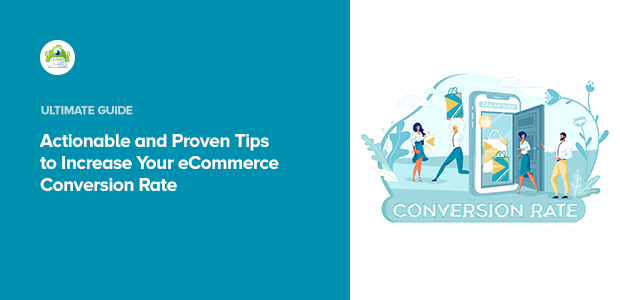
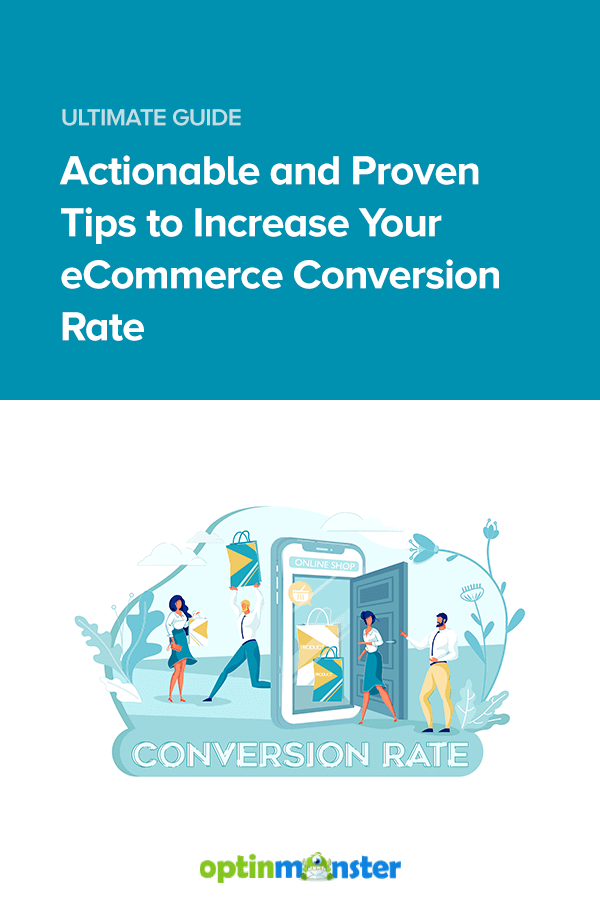
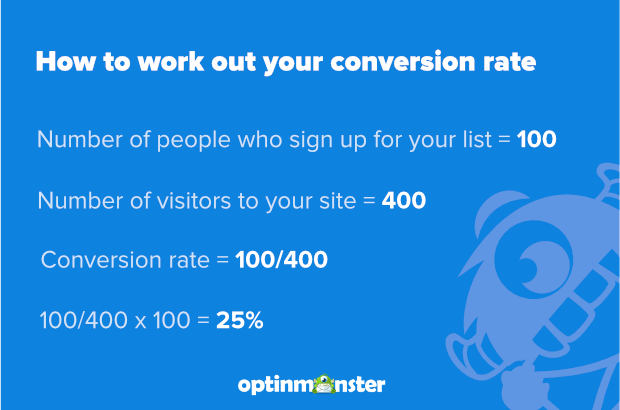
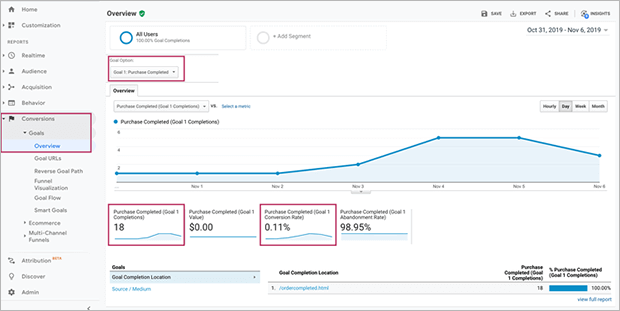
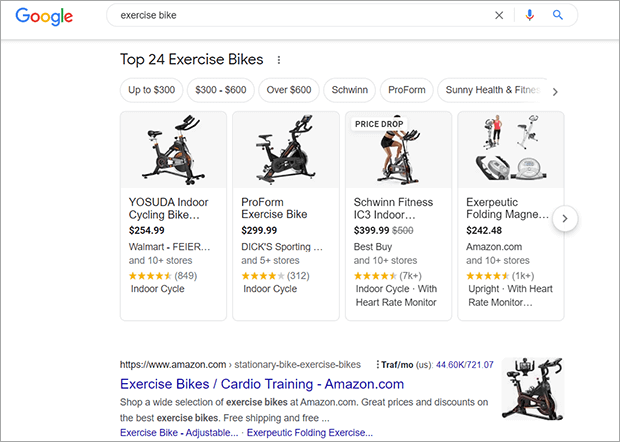
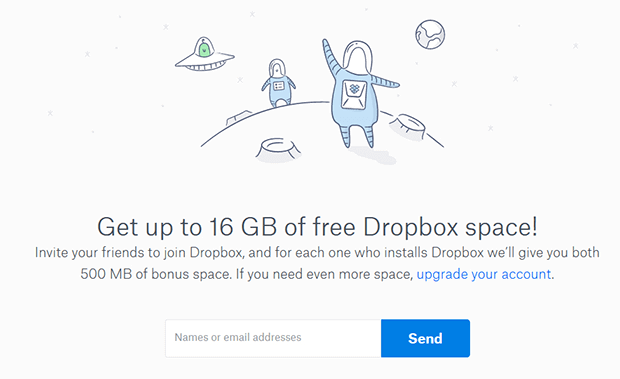

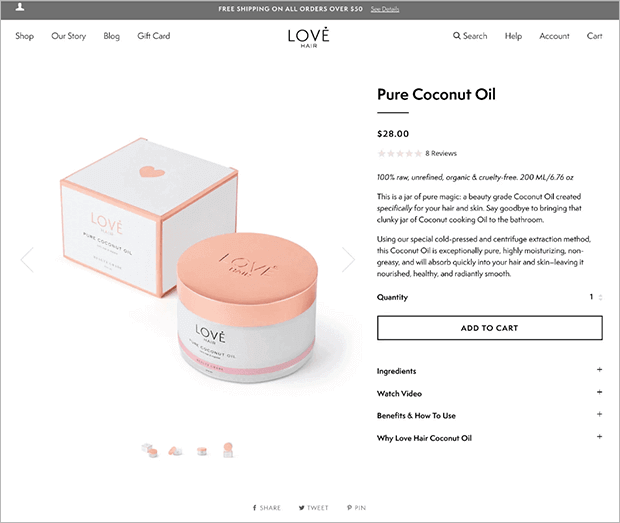

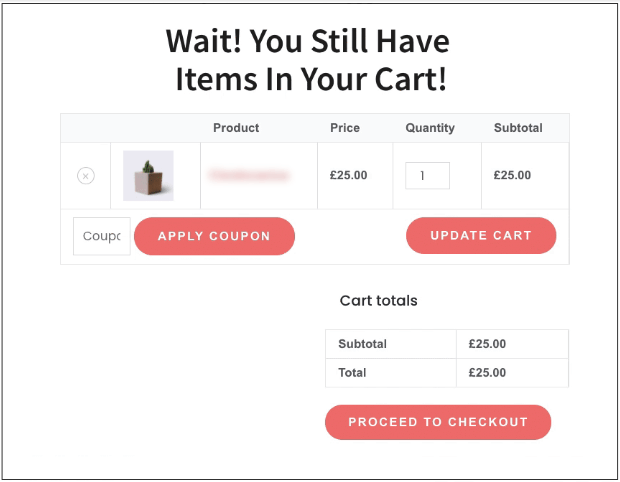
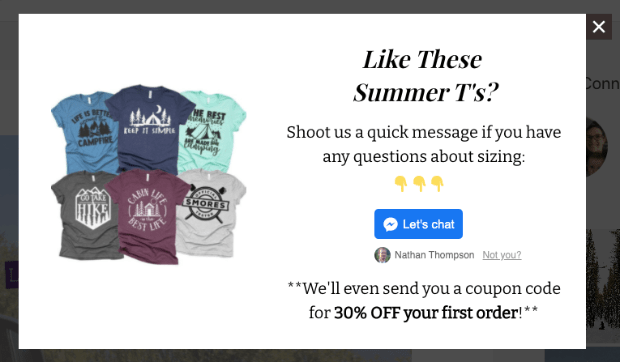
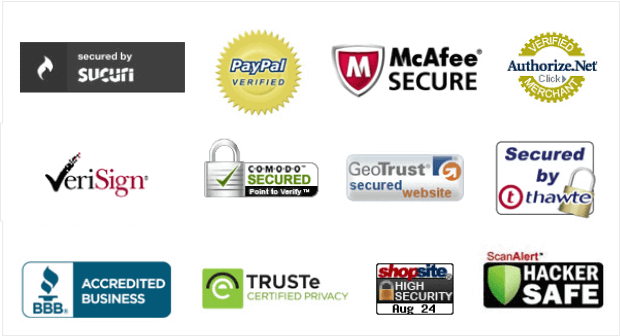
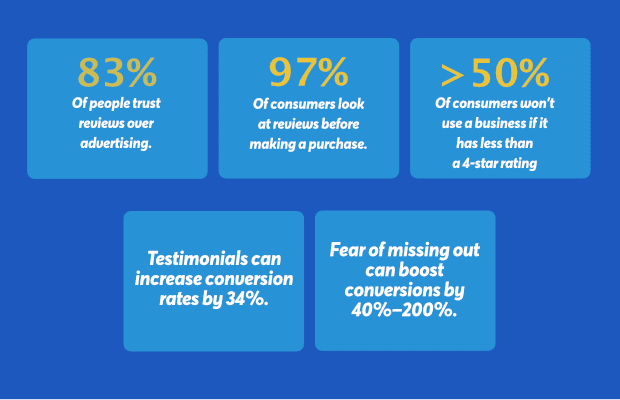


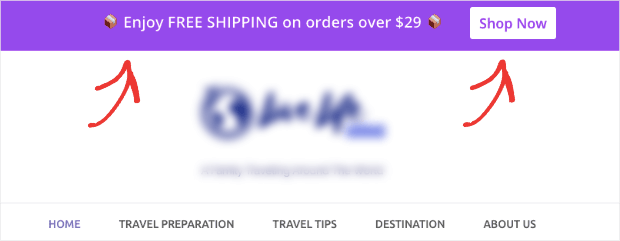
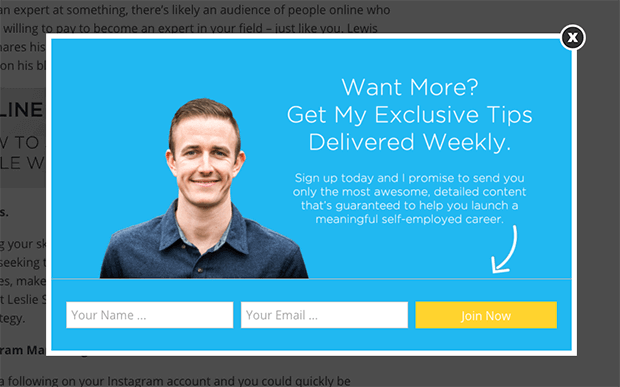

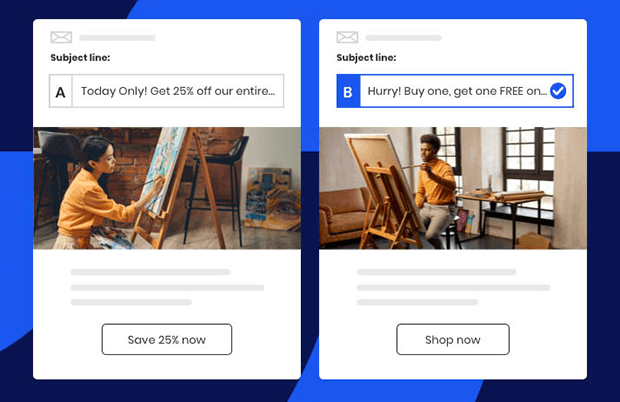
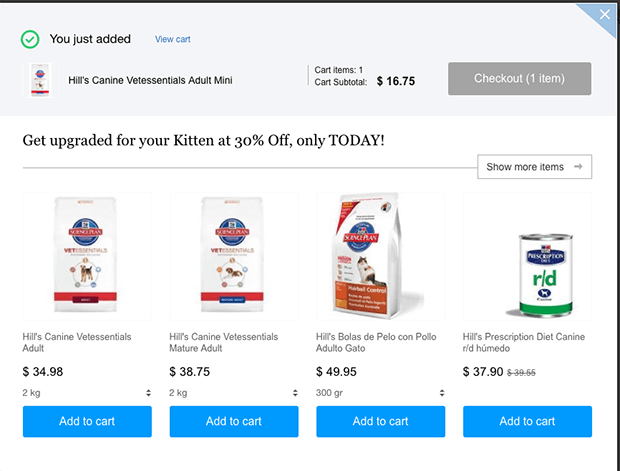
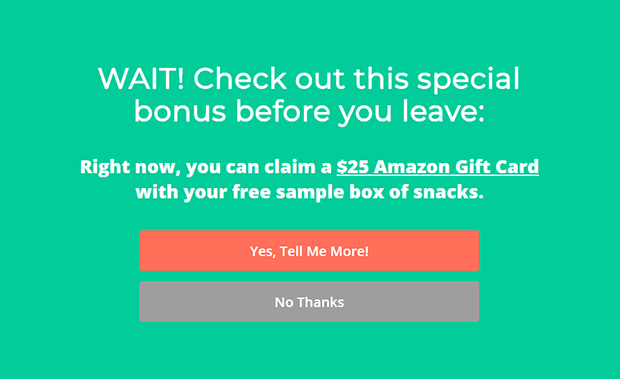
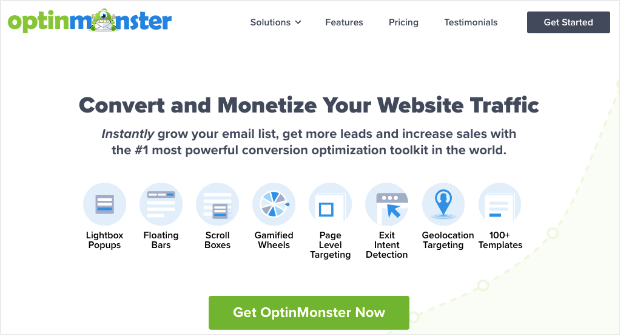
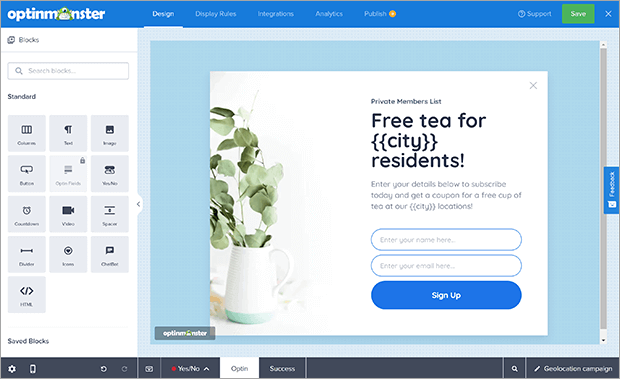
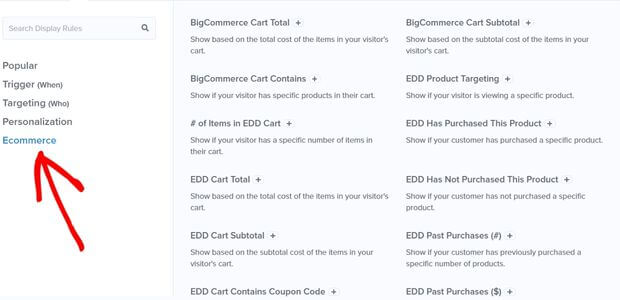

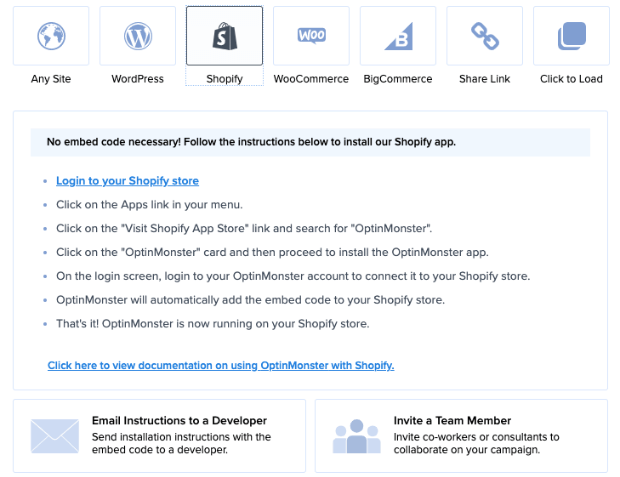


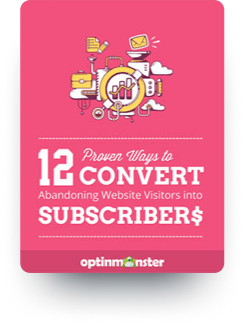


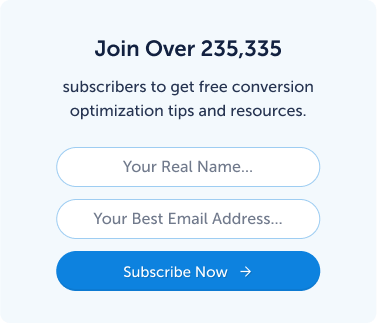



Add a Comment